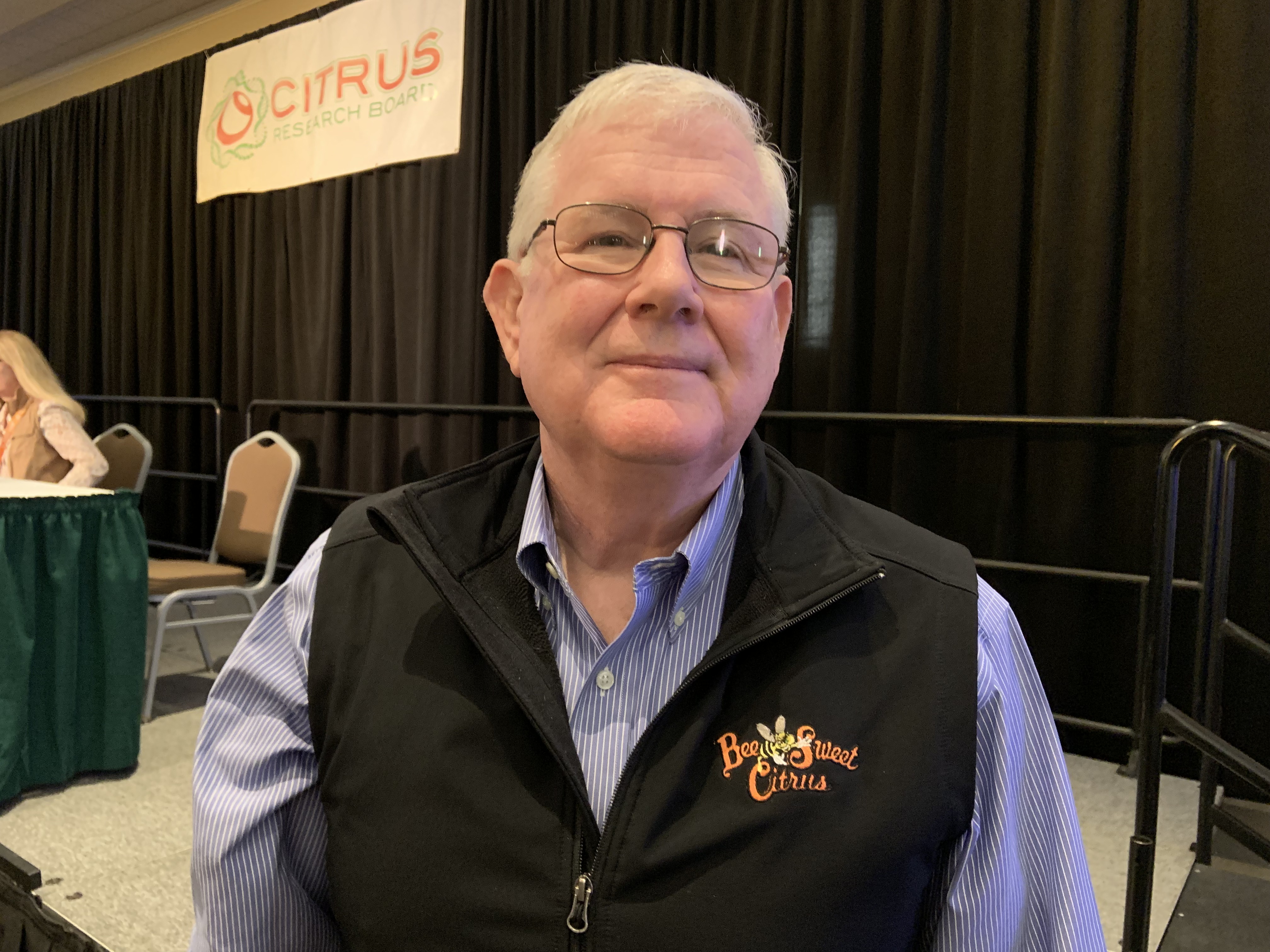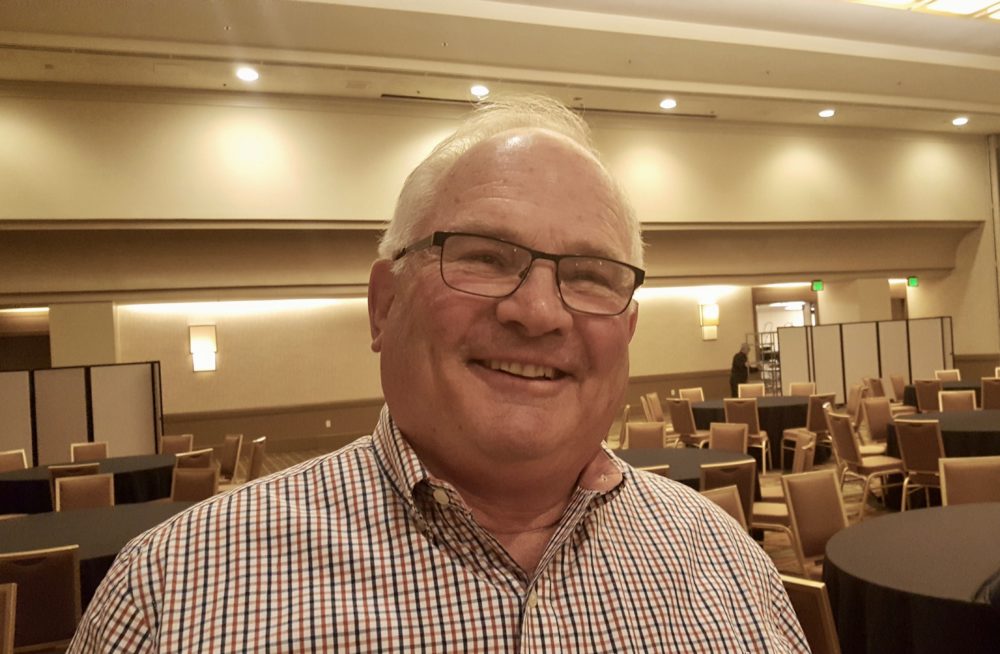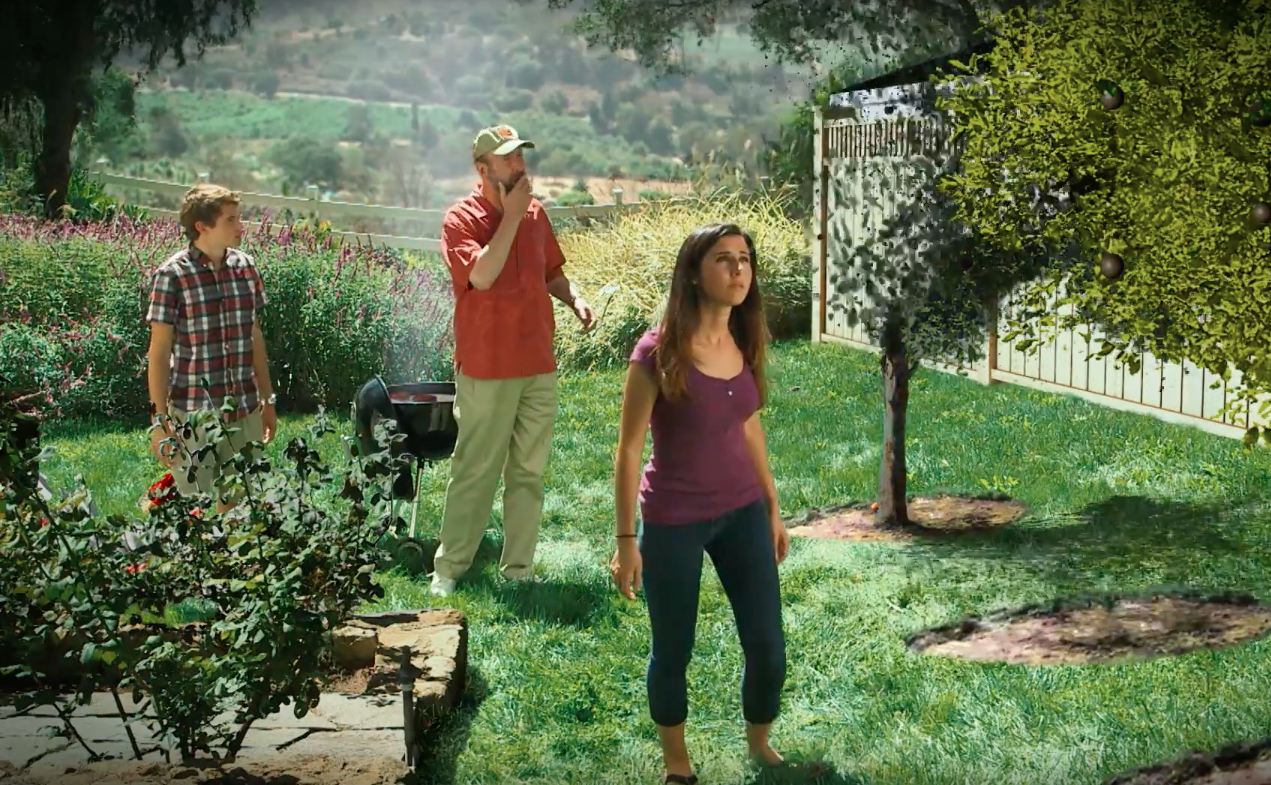CA Citrus Growers Work Hard to Prevent HLB Devastation
Learning From the Florida Industry as to How Bad it Can Be
By Mikenzi Meyers, Associate Editor
The severe effects of the Huanglongbing (HLB) disease on Florida citrus is cause for California growers to take important preventative measures to ensure the safety of their trees. Keith Watkins, vice president of outside operations for Bee Sweet Citrus, has seen the damage firsthand and has been hard at work to protect his trees.
“I’ve been to Florida, and I’ve seen how devastating the disease can be,” he said. “We have to spend money now to basically prevent that from happening to us.”
There are currently around 1100 trees that have tested positive for HLB in the Orange County and Anaheim-Garden Grove areas, but they are mainly backyard citrus trees. Luckily, Watkins said that the disease has not yet been traced in commercial operations.
Keeping HLB out of commercial growth is the biggest challenge growers face. There is not yet a cure for the disease, but according to Watkins, growers can help prevent it from reaching their crops by staying on top of killing psyllids when spotted. “We have to stay diligent. Our future really is maintaining a psyllid free population,” he said.













